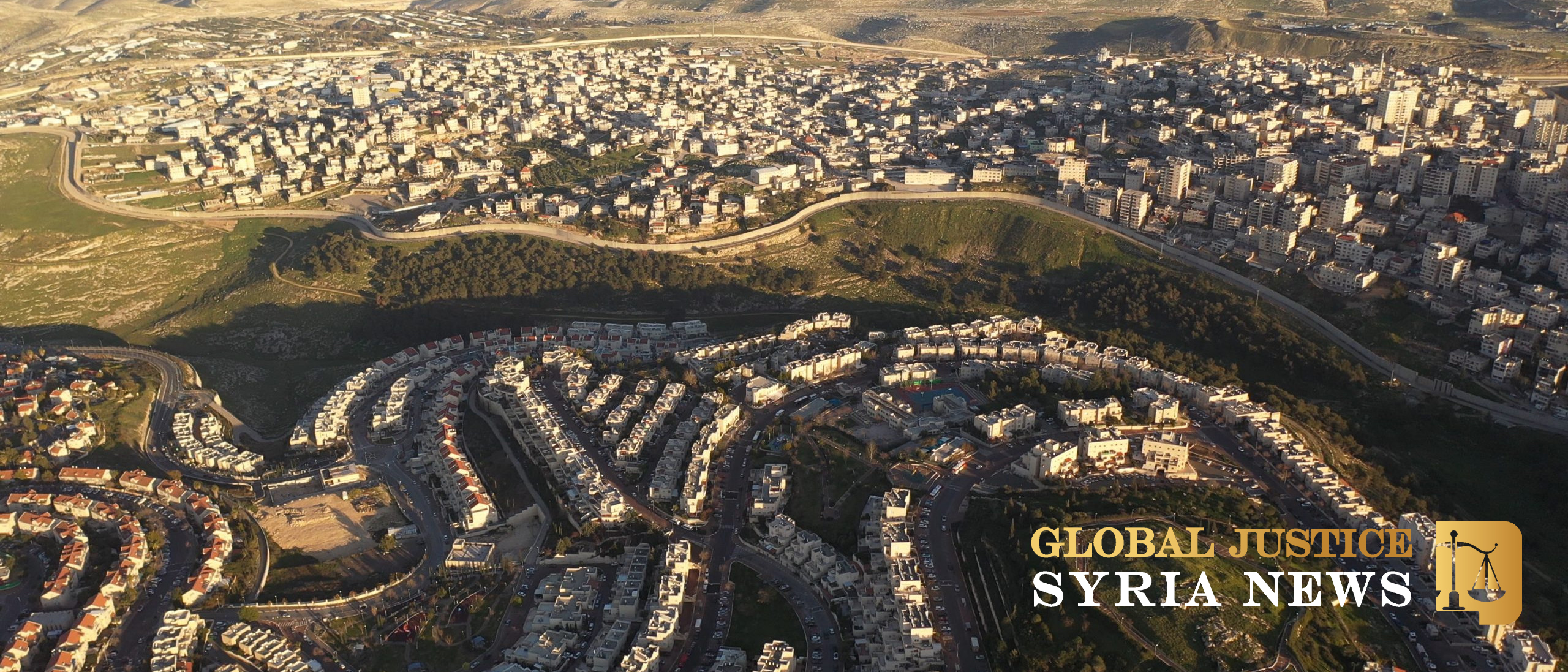In a significant move reflecting ongoing tensions in the West Bank, the U.S. government has imposed sanctions on an Israeli nonprofit organization and a settlement security official, citing their roles in supporting and leading violent actions against Palestinians. The sanctions are the latest in a series of measures by the Biden administration aimed at curbing extremist settler violence in the occupied territories.
The nonprofit organization, Hashomer Yosh, has been accused of providing material support to illegal West Bank outposts and facilitating the forced displacement of Palestinian residents. In one instance, after all 250 residents of the Palestinian village of Khirbet Zanuta were expelled earlier this year, volunteers from Hashomer Yosh allegedly fenced off the village to prevent the residents from returning. The U.S. government has taken a firm stance against such actions, highlighting the humanitarian impact and the broader implications for regional stability.
Yitzhak Levi Filant, a civilian security coordinator at the Yitzhar settlement, was also sanctioned. Filant is accused of leading a group of armed settlers in February to establish roadblocks and patrols aimed at forcibly removing Palestinians from their land. These actions have been part of a broader pattern of settler violence that has escalated in recent months, contributing to a cycle of conflict and displacement in the region.
State Department spokesperson Matthew Miller emphasized the U.S. commitment to holding individuals and organizations accountable for actions that contribute to instability and violence. “Extremist settler violence in the West Bank causes intense human suffering, harms Israel’s security, and undermines the prospect for peace and stability in the region,” Miller said in a statement.
The sanctions, which freeze U.S. assets and generally bar Americans from dealing with the targeted entities, were enacted under an executive order signed by President Joe Biden in February. This order specifically targets individuals and groups involved in violence or intimidation in the West Bank, marking a significant shift in U.S. policy toward addressing the actions of extremist settlers.
The Biden administration’s approach represents a return to a more traditional U.S. stance on the legality of Israeli settlements in the West Bank, reversing the more lenient policies of the previous administration. The administration has been vocal in its criticism of settlements, which are considered illegal under international law, and has taken steps to penalize those involved in violence against Palestinians.
However, these measures have not been without controversy. Israeli Prime Minister Benjamin Netanyahu has criticized the sanctions as unnecessary, arguing that Israel already enforces the law against all offenders, including settlers. Pro-Israel advocacy groups and some dual U.S.-Israeli citizens have also filed lawsuits challenging the executive order, claiming that it unfairly penalizes those who oppose the creation of an independent Palestinian state.
The sanctions come at a time of heightened violence in the region, with recent Israeli military operations in the West Bank resulting in significant Palestinian casualties. The Palestinian health ministry reported that since October 7, over 650 Palestinians, including 150 children, have been killed in the West Bank and East Jerusalem, with thousands more injured.
As the situation in the region remains tense, the Biden administration continues to push for accountability and a reduction in violence, emphasizing that peace and stability in the West Bank are essential for broader regional security. The U.S. has also called on the Israeli government to hold those responsible for settler violence accountable, urging a more robust response to actions that undermine the prospects for a lasting peace.



















